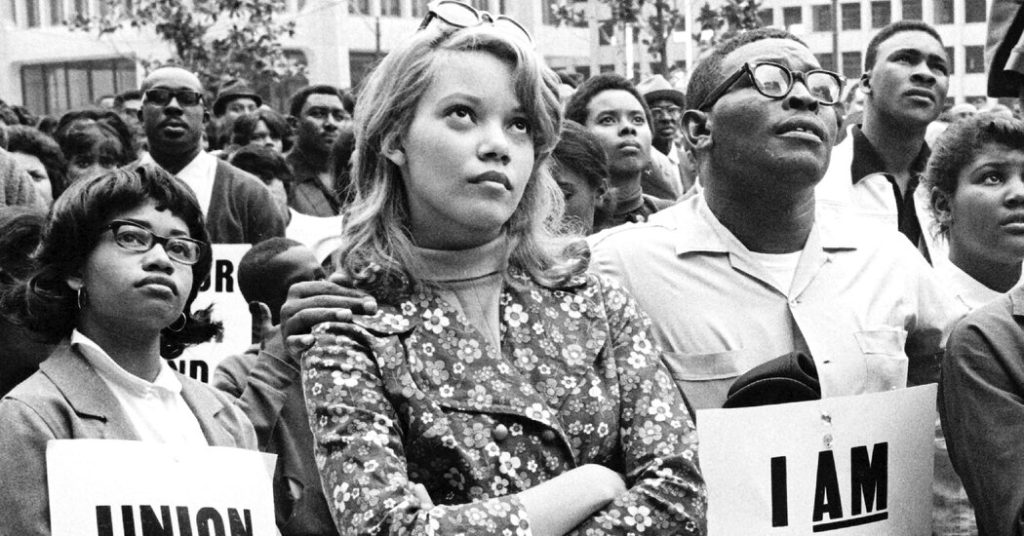In the aftermath of the apparent defeat of Populism and the disenfranchisement of blacks in the South, many white working-class individuals also suffered as they lost the right to vote and were subjected to harsh conditions by their employers. This led to a lack of labor unions to advocate for their rights and counter the power held by the wealthy elite. Despite the triumph of white supremacy, not all whites benefited from this system of domination.
The Jim Crow era established a hierarchical social and economic order, where owners of land and capital held dominance over others. This system resulted in widespread poverty and disinvestment, as described by Robert Penn Warren. The defense of this world by Southern political and economic elites led to them fiercely resisting organized labor movements in the 1930s and postwar efforts to unionize the South through Operation Dixie. They crafted a new mantra of “free enterprise” in opposition to Roosevelt’s New Deal, emphasizing individual responsibility and states’ rights.
Throughout the 20th century, Southern elites continued to view organized labor as a threat to their employer-dominated economy of low-wage labor. The Southern States Industrial Council and Republican governors issued statements warning against the supposed dangers of socialist ideals promoted by labor unions. This opposition to organized labor was rooted in a commitment to maintaining a social order that benefitted the wealthy elite and preserved the existing economic structure.
The concept of the “New South” emerged in the late 19th century, aiming to differentiate progressive merchants and industrialists from those clinging to outdated ideals. This slogan highlighted a divide between those looking towards the future and those nostalgic for the past. As the South grappled with economic and social transformations, issues of race, class, and labor relations continued to shape the region’s political landscape.
Despite the challenges faced by working-class whites and African Americans in the South, there were ongoing efforts to resist the oppressive systems of power. Black political action and class conflict among whites persisted, challenging the status quo and striving for greater equality. The legacy of these struggles continues to influence discussions around race, labor rights, and economic justice in the South today.
In conclusion, the history of the South is a complex tapestry of racial oppression, economic exploitation, and social resistance. The struggles faced by marginalized communities against entrenched power structures have left a lasting impact on the region’s political and economic landscape. As debates around labor rights and social justice continue, the legacy of these historical movements remains a powerful force in shaping the future of the South and the fight for equality for all its residents.


